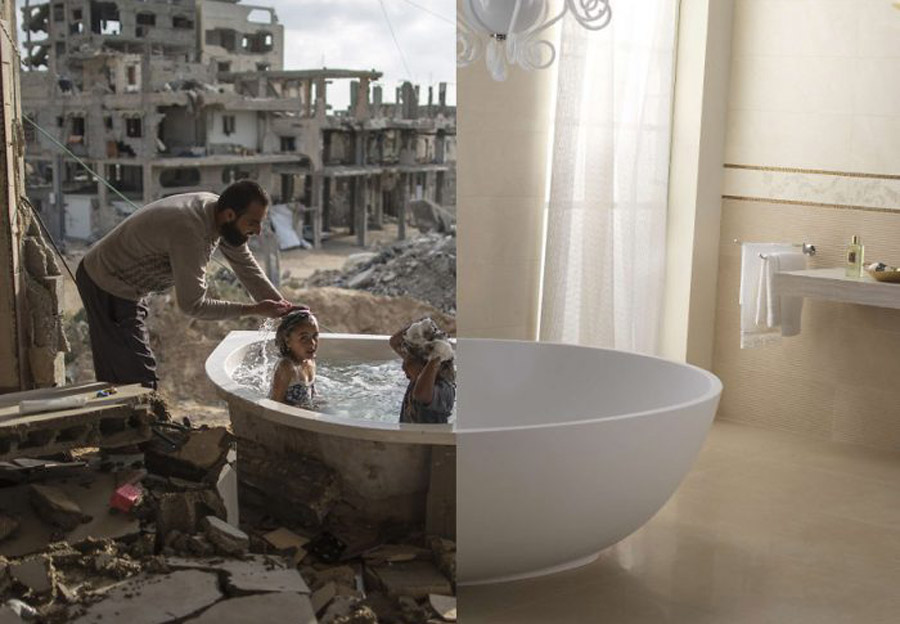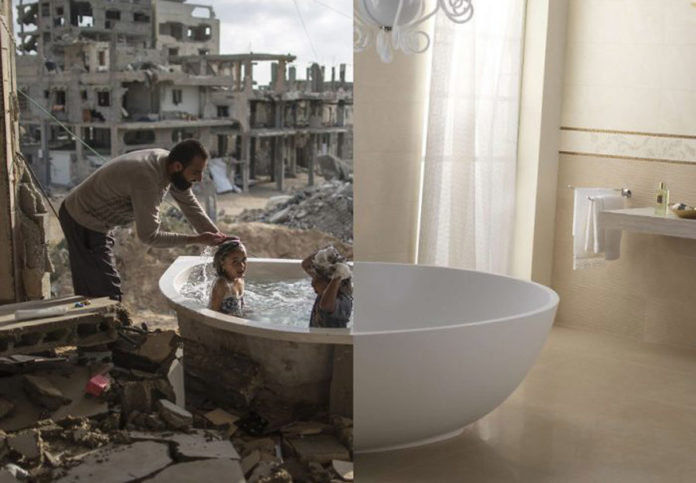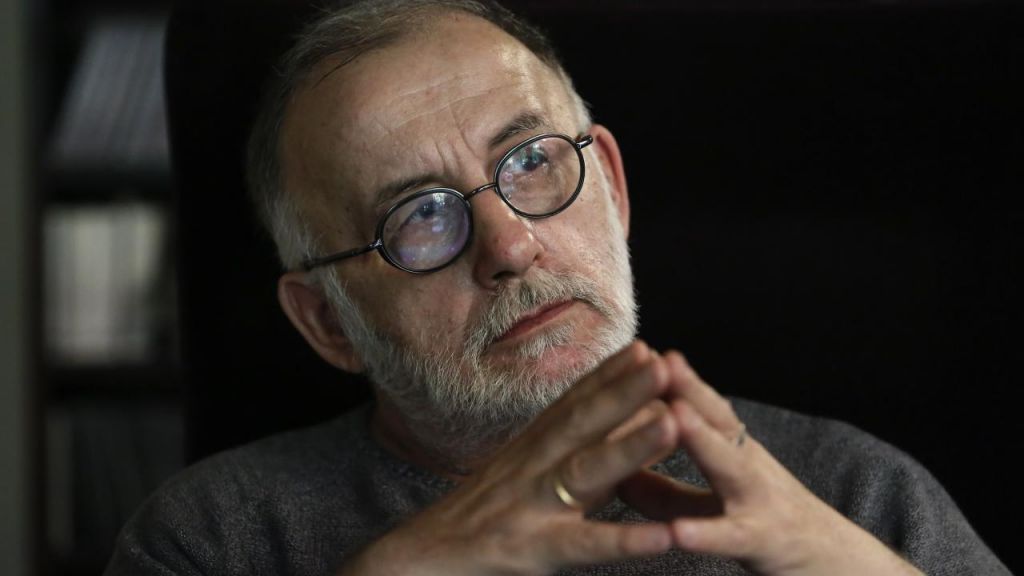Elektra Kleitsa
When a year is ending and a new one is starting, it is customary to make reviews of all kinds. People review their small, personal objectives and how far one went to achieve them. But also, the global economy, the environmental crisis, and major international events are often revisited and evaluated.

When it comes to economic and social inequalities, the gap between the super-rich and the poorer layers around the world becomes greater every year. In the last two years, however, this situation has been further exacerbated by the pandemic and its impact on the lives of millions of people.
A very interesting piece of news (among the many that came out and highlight the absurdity of the system and what a burden it represents for society) appeared in the Guardian on December 27. In Britain, equipping school classrooms across the country with ventilation filters thereby protecting students and teachers against the transmission of coronavirus, would be possible at half the cost of the new royal yacht (£140 million – about €167 million). On the other hand, more comprehensive figures have also been released (as is customary at the end of each year) around the extreme inequality that exists at all levels.
World Bank
Based on figures released by the World Bank, within the year that just ended:
- Only 7% of the population has been vaccinated in the poorest countries, compared to 75% in the richest (at least one shot).
- The poorest 20% of the world’s population has suffered a greater drop in income than that of the richer.
- Women have been affected to a greater extent than men by income and jobs loss.
- Overall, the decline in poor people’s income has driven an additional 100 million people into extreme poverty.
- The World Bank estimated in June that the global economy would grow by 5.6% by the end of 2021 (the highest growth in 80 years). According to the estimate for the poorest economies, however, these would grow by an average of only 2.9%.
- The long-term disruption of the education process across the world has led to a spiraling inequality in access to knowledge. As a result, there is a risk that 70% of 10-year-olds will be unable to read a simple text in the poorest countries.
- Furthermore, the World Bank estimates that if climate change is not addressed immediately, it could push another 132 million people into extreme poverty.
- In addition to poverty, climate change is also expected to increase not only external but also internal migration. By 2050, 216 million people are expected to move within their own countries because of the climate risks.
World Economic Forum
A similar balance sheet has been published by the World Economic Forum. Here’s some of the findings:
- The richest 10% of the world’s population receives 52% of the total income, while the poorest 50% only receive 8%.
- Wealth figures reveal an even worse situation. The poorest 50% of the world’s population have access to just 2% of the wealth, while the richest 10% get hold of 76% of it.
- Global average income is estimated at $23,380 (about EUR 20,640) per year (in terms of Purchasing Power Parity). At the same time, those belonging to the poorest half of the world’s population live on just USD 3,920 per year (about EUR 3,460) on average, while the richest 10% earn USD 122,100 (almost EUR 108,000) each.
The poor are dying while the rich are celebrating
In terms of the pandemic, 2021 proved to be deadlier than 2020. While the death toll of the virus in 2020 was two million, it was approaching five and a half million at the end of 2021.
At the same time, while:
- the poorest are faced with weak, or even no access to basic protection measures against the pandemic,
- public health systems are unable to cope with the needs of huge numbers of patients,
- the vast majority of the world’s population is sinking further into poverty,
- the children of the lowest income groups are denied access to education,
the rich are celebrating.
Not only have they once again managed to secure the biggest share of the wealth for themselves, but they also boast about having succeeded in driving the global economy into unprecedented growth. What they don’t say is that this high percentage of growth is largely represents the recovery from the deep contraction of the economy in 2020. Also, of course, it is based on the huge injections of public money by governments. On the other hand, the fruits of this growth are directed almost exclusively into the pockets of big business, while the vast majority of society is deprived of basic goods and is living in uncertainty.
Of course, this is not big news for the mainstream media outlets.
It is just one more year ending with extreme inequality. But it stands out when the institutions of the capitalist system are confirming what a significant part of the movement and the anti-capitalist left have been repeating over and over again:
There is no room for improvement in this system. The only way for the vast majority of the people of the planet to live the life they are deprived of is to engage in the struggle to overthrow capitalism!













